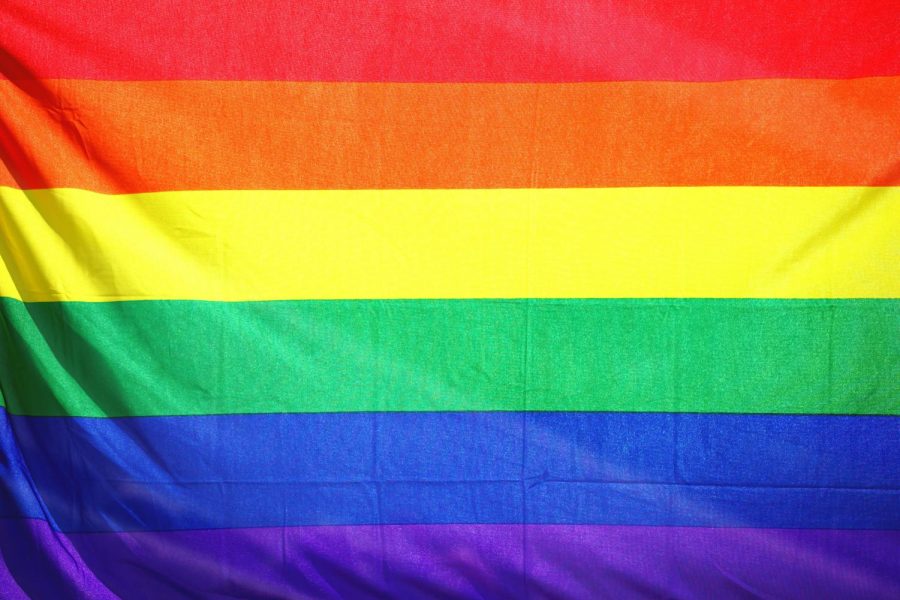Wave of anti-LGBTQ+ bills sweep across state legislatures
Apr 13, 2022
Multiple states across the country are instituting new laws that some consider being harmful to the LGBTQ+ community. Nearly 240 anti-LGBTQ+ bills have been introduced to the United States in 2022 alone.
In Ohio, a bill was recently introduced that appears to be the state’s version of Florida’s “Don’t Say Gay” law. It combines what is found in the “Don’t Say Gay” law as well as legislation that seeks to limit education on race. The bill says that any instruction would be banned if it is not presented in a way that is, “not age-appropriate or developmentally appropriate for students in accordance with state standards.” The bill was introduced by State Rep. Jean Schmidt, stating that the law was intended to give parents more say over what their children learn.
In Louisiana, House Bill 837 was recently introduced in March. This bill would ban discussion of sexual orientation or gender identity for students from kindergarten through twelfth grade. The legislation was presented by State Rep. Dodie Horton. “I talked to some educators. They are not equipped, nor do they want to deal with these types of issues that belong in the home,” Horton said. Once more, this bill is being pushed because people believe that it gives parents a say in what their children are learning in school.
As for Florida, House Bill 1557 was the beginning of the wave of anti-LGBTQ+ bills in the United States. Supporters of House Bill 1557 call it the “Parental Rights in Education” bill, but it was dubbed the “Don’t Say Gay” bill due to what the legislation entails. President Joe Biden called the bill itself “hateful.” The bill would require that instruction on gender and sexuality be constrained in all grades, schools would be required to alert parents when children receive mental, emotional or physical health services unless teachers believe that there is a risk of, “abuse, abandonment, or neglect,” and parents would have the right to opt their child out of health and counseling services.
Trans-athlete bills are also being introduced that would actively harming the transgender athlete community. In Missouri, SB 781 has been advanced nominally to, “protect women’s sports,” however, this is not how the Missouri community is viewing it. Sen. Greg Razer of Missouri says, “maybe we don’t pass laws about something we don’t understand, and maybe we shouldn’t pass laws about something we don’t understand especially when it affects kids.” Supporters of the bill argue that some physical characteristics of transgender women in sports provide an unfair advantages over other women in competition.
Theo Detweiler, president of the JCU Allies club, offers a statement. “Florida’s new ‘Don’t Say Gay’ law and the new proposed bills from Ohio, Tennessee, Kansas, and Indiana are horrendous and have the potential to wreak a lot of havoc on the lives and mental health of LGBTQ individuals across the country. As a member of the community, I am heartbroken at the lack of progress taking place in our country, and we as a community need to stand up and contact our congressmen about not introducing this harmful bill into Ohio’s and other states’ law.”












